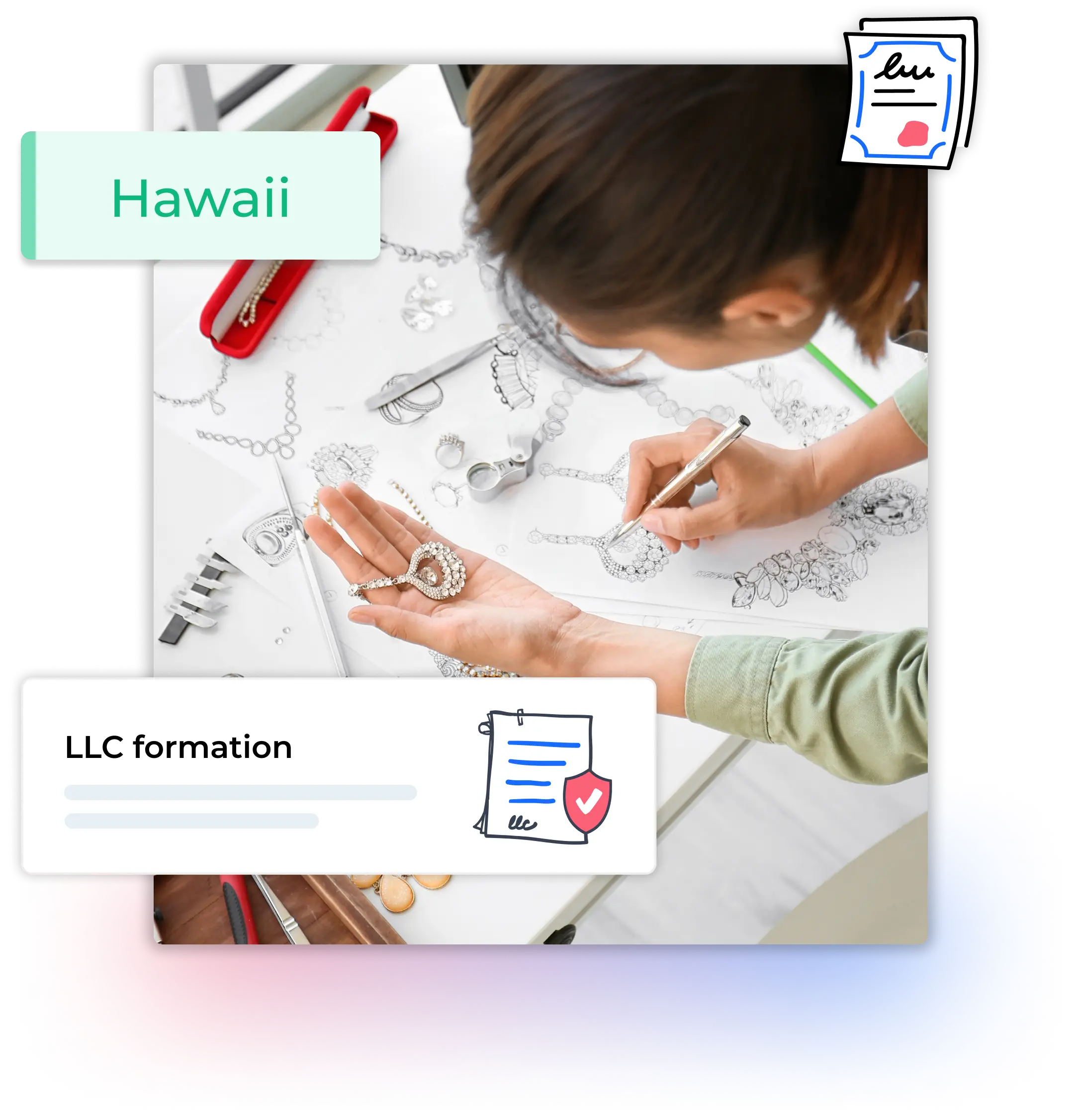Forming an LLC in HI: The Basics
This step-by-step guide details the steps and requirements you need to name your LLC in Hawaii.
There are different costs to register and maintain an LLC in Hawaii. Read to learn more.
A registered agent is a mandatory step in your LLC formation process in Hawaii – learn more about the requirements.
This guide details which licenses adn permits your Hawaii LLC may require and how to obtain them.













